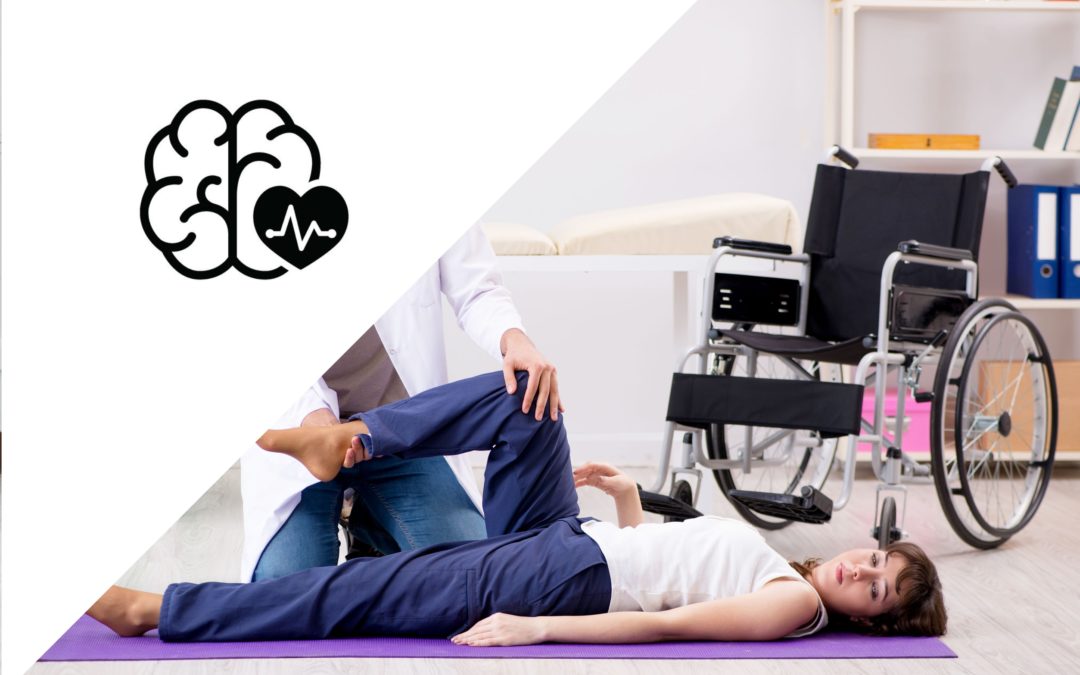Stroke is a debilitating disease. Many stroke survivors are left with weakness of arms or legs or speech dysfunction. Rehabilitation helps stroke survivors to regain their muscle power and movement. It also allows them to perform activities more independently and adapt to the daily lifestyle.
However, there may be various ups and downs during this therapy. After a few months, the progress may halt or slow, which is known as the plateau phase. This phase is common for many survivors.
Fortunately, you can go through the plateau phase and regain more functions.
Stroke Recovery Plateau
A stroke recovery plateau is a phase where there is little or no recovery of functions after a period of rapid recovery progress. The phase may occur around three months after stroke when the body’s natural, spontaneous recovery stops too.
The phase may seem frustrating, and you may feel that you would not be able to make further progress. However, this is not the case. Experts believe that the plateau phase is not permanent.
So, if you are facing this plateau, don’t give up. Be patient and consistent, and you can still be able to enhance your progress.
Cause of the Recovery Plateau
Before we understand how you can get out of the plateau, let us know what the cause behind it is.
The shorter answer to this is neuroplasticity, which is your brain’s repair mechanism. After a stroke, your brain has a high level of plasticity, making it easier to recover lost function. So, high plasticity is the reason for spontaneous recovery after a stroke.
However, this heightened state does not last for long, and eventually, the brain becomes less pliable. When your brain loses the high plasticity, you notice a plateau.
Although plasticity is at a lower level, it is still present. This means it is possible to improve your functions after a plateau, but it will take more effort and time.
Here is What You Can Do?
Task-specific, repetitive exercises aid in engaging your brain’s plasticity. So, the ideal thing to do is continue your therapy patiently. It may be challenging to go through, especially when you do not see any result. But always remember, you can push through the plateau.
Here are a few ways that may help you to get started:
- Get creative: Try learning a new skill such as painting or piano. This will help you to improve your mental and physical resilience. For instance, playing piano may help improve cognitive skills and motor functions without even you realizing it.
- Find an accountable partner: Another way of going through a stroke plateau is to get a responsible partner. It could be anyone, your friend, a family member, or a therapist. They can remind and motivate you to do exercise daily.
- Home therapy equipment: Many tools are available that can push and motivate you through a stroke plateau.
Final Thoughts
Plateau is a common but manageable aspect of stroke recovery. Studies have shown that stroke survivors regain their functions even decades after the stroke.
So, overcoming the plateau may be challenging but indeed possible. Carrying out your stroke recovery exercises is the best way to deal with the phase.


Comments 0